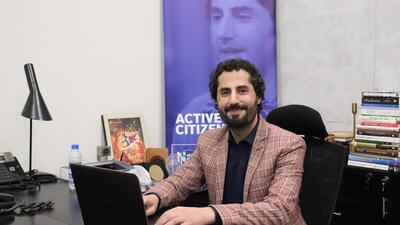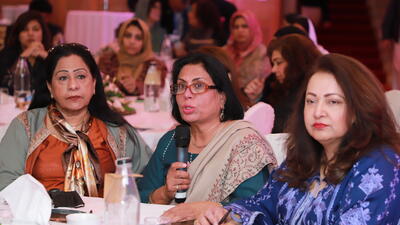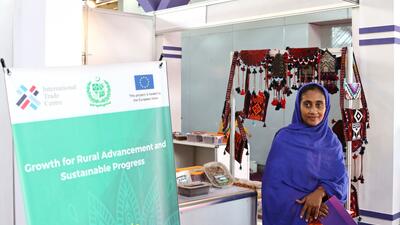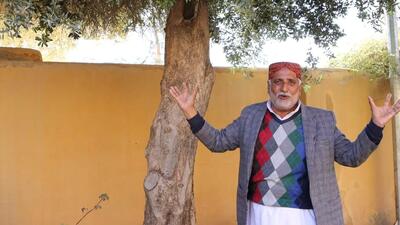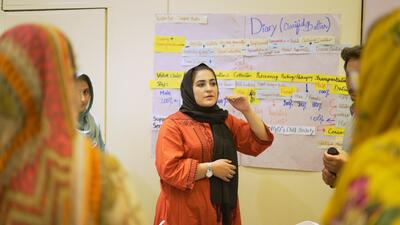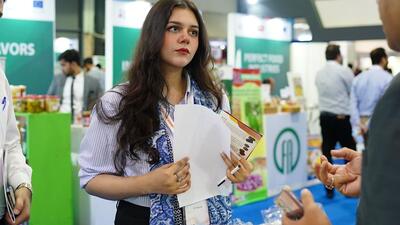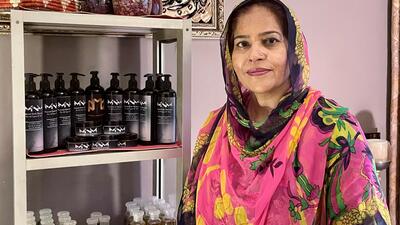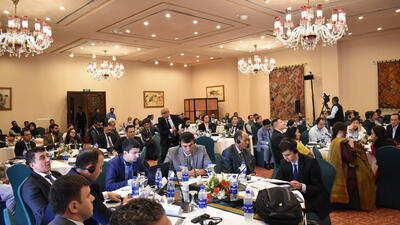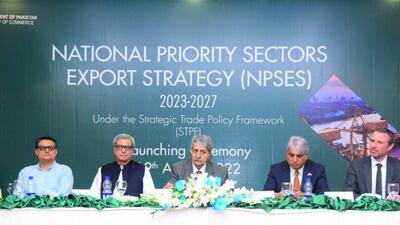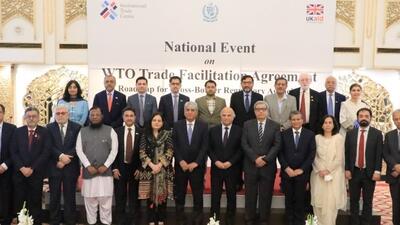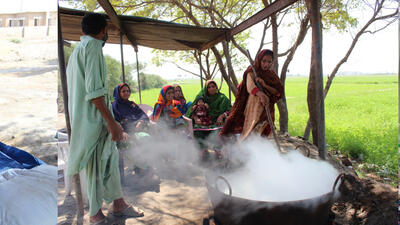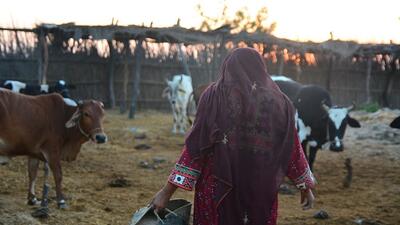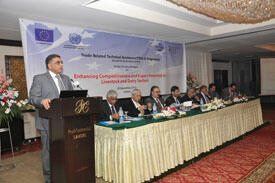
Enhancing the export competitiveness of Pakistan’s livestock and dairy sectors
Poor public and private sector collaboration is restricting the export potential of Pakistan’s livestock and dairy sector, in spite of the fact that the country is the fourth largest milk producer in the world. At a public private dialogue event in Lahore last week, organised by ITC and the Pakistan Institute of Trade and Development (PITAD), experts said that a better approach is needed to take advantage of the export potential of the two sectors, with integrated aligned policies and capacity building of farmers and those involved in the production and exporting supply chain.
The event, ‘Enhancing Competitiveness and Export Potential of Livestock and Dairy Sector’, was attended by over 130 participants including government officials, business association representatives, businessmen, farmers and academics. It was part of the European Union-funded Trade Related Technical Assistance (TRTA II) programme in Pakistan.
Pakistan’s Additional Secretary Commerce, Fazal Abbas Mekan, said: “Pakistan is an agricultural country and can greatly enhance exports and competitiveness of the livestock sector and dairy products by putting in place concrete policies.” He said the Ministry of Livestock and Development and various departments were already working to look after the needs of the sector, but that proper coordination is sometimes lacking due to rules and regulations, which should be addressed. He added that following the devolution of agriculture and livestock to the provinces, there is a need for the Ministry of Commerce to work with provincial livestock departments and other stakeholders to introduce domestic regulatory reforms to enhance exports of the two sectors.
He said more than 83% of dairy animals in the national herd are raised and bred by subsistent farmers who have limited interest in increasing productivity and limited access to support institutions in the public and private sector. To address this he said that the dairy sector should be focused on achieving higher productivity in milk production but added that this is a daunting task for policymakers.
Abdul Basit, former Senior Vice-President of Lahore Chamber of Commerce and Industry (LCCI), said that the dairy sector of Pakistan offers great opportunities to investors to undertake farming projects and earn high returns on their investments. He added that plentiful opportunities are available in the dairy farming business and ancillary industries to integrate and produce high value added products that would not only cater to the domestic demand of a large customer base, but may also provide opportunities for exporting them to international markets where food security is a rising concern.
Mr Basit argued against the import of live animals from other countries, saying that it discourages livestock farmers. There is a large dependence on imported products in the dairy sector due to the fact that the quantity, quality and variety of locally produced milk and dairy products do not fully cater to the needs of the masses. He said: “In spite of having a large population of livestock, the country is spending billions of rupees annually on the import of formula milk, which is the highest amount spent by any country in the world on this particular commodity.”
Following the public private dialogue event, concrete policy proposals to enhance competitiveness of the export potential of the livestock and dairy sectors will be formally submitted to the federal and provincial governments for potential implementation.
The public private sector initiative is part of ITC’s efforts to promote a more comprehensive, regular and well informed public private dialogue among government, the private sector and civil society as a basis for trade policy developments and interventions.




